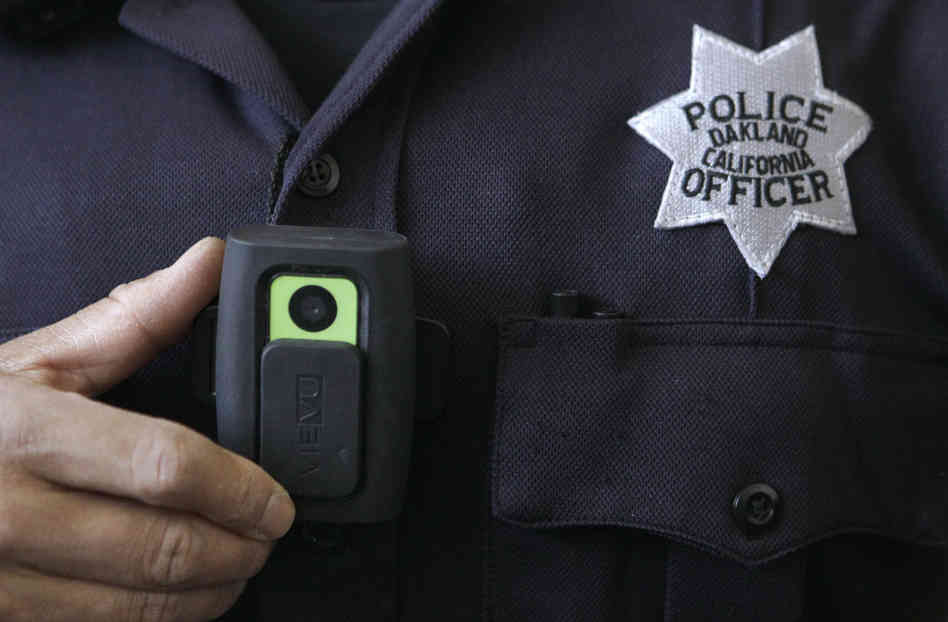
POSTED BY Samantha Keefe
Over the past four months, the nation has had their eyes on Ferguson, Missouri. In early August of this year, an 18 year old black male, Michael Brown, was shot dead by a white police officer. On November 24th, a grand jury decided not to indict the police officer, Darren Wilson, in the death of Michael Brown. Shortly after the verdict was read, citizens of Ferguson began peaceful protests, which were eventually cut short by violent riots, committed by unknown others. The media has focused heavily on the race aspect of this story, which although quite important, leads to a bigger issue; could the death of Michael Brown have been avoided?
When dealing with members of law enforcement, many citizens feel at ease and trust the police, while many others feel nervous, and avoid the police. Many Americans can remember multiple news stories of police brutality, including the brutal beating of Rodney King and the rape of Abner Louima in a New York City police station bathroom. These cases drew harsh criticisms and reactions from the public, making the police less trustworthy, and seem worse than the criminals they apprehend. On the other hand, there have been instances where police have been the target of murder and other violent acts. Just this past fall, the state of Pennsylvania was on lockdown due to Eric Frein, who murdered one cop and seriously harmed another. Frein’s suspected goal was to take out as many police officers as possible.
Although violent acts committed by both private citizens and police officers against one another cannot be entirely prevented, there may be a solution to prevent a majority of these actions in the future through technology. Many police cruisers contain dash cams, which usually record the interaction between an officer and one whom they have pulled over. These cameras may be useful when they record interactions between the police and a citizen when there is a question of conduct by one of the parties, but often these cameras are turned off by officers, leaving a question of what really occurred during an altercation.
The use of body cameras as well as dash cams that record the interactions between police officers and citizens could prevent another Ferguson type event. These cameras would be worn by police officers should not be able to be turned off, and controlled by a third party could be a potential solution. If officers and citizens knew that their actions were being recorded, they would likely be more inclined to behave in a manner that is lawful and respectful. A police officer wearing the camera would most likely be less inclined to harass or violate the rights of a citizen, whereas a citizen might act with more respect when dealing with an officer, and be less inclined to complain about the actions of an officer if they did not truly occur.
After the shooting of Michael Brown, many citizens have shown a strong support for the use of police worn body cameras. This would protect the average citizen from police harassment, as well as protect the officer from any false complaints. This action of implementing police worn cameras does not prove that all police officers are violent and harm innocent citizens, nor does it prove that anyone who deals with the police is a criminal. The cameras would be used to protect all parties in whom it records.
The cons of the body cameras would be the fact that the movements of citizens would be recorded, which makes many uncomfortable. These worn cameras could be a slippery slope to cameras installed all over, recording the private actions of citizens. The pros to the use of cameras would obviously be better behavior on the part police officers and those whom they deal with. Lawsuits against the police would potentially be drastically reduced (either by better behavior on behalf of the police or the lowering of false accusations). The cost of the cameras in the long run would save the taxpayers money that would have been spent on litigation and the payout of settlements and awards. Perhaps, most importantly when something happens similar to the circumstances of Ferguson, the cameras can be viewed, and the truth as to what occurred will be immediately known. In this case we may never know what happened when Michael Brown was shot by Darren Wilson, and a body camera would have prevented the highly troublesome circumstances surrounding this case.
Blogger Bio: Samantha is a Staff Member of the Journal of High Technology Law. She is currently a 2L at Suffolk Law. She holds a B.S. in Government and Philosophy at Suffolk University. She thoroughly enjoys baking and politics.
